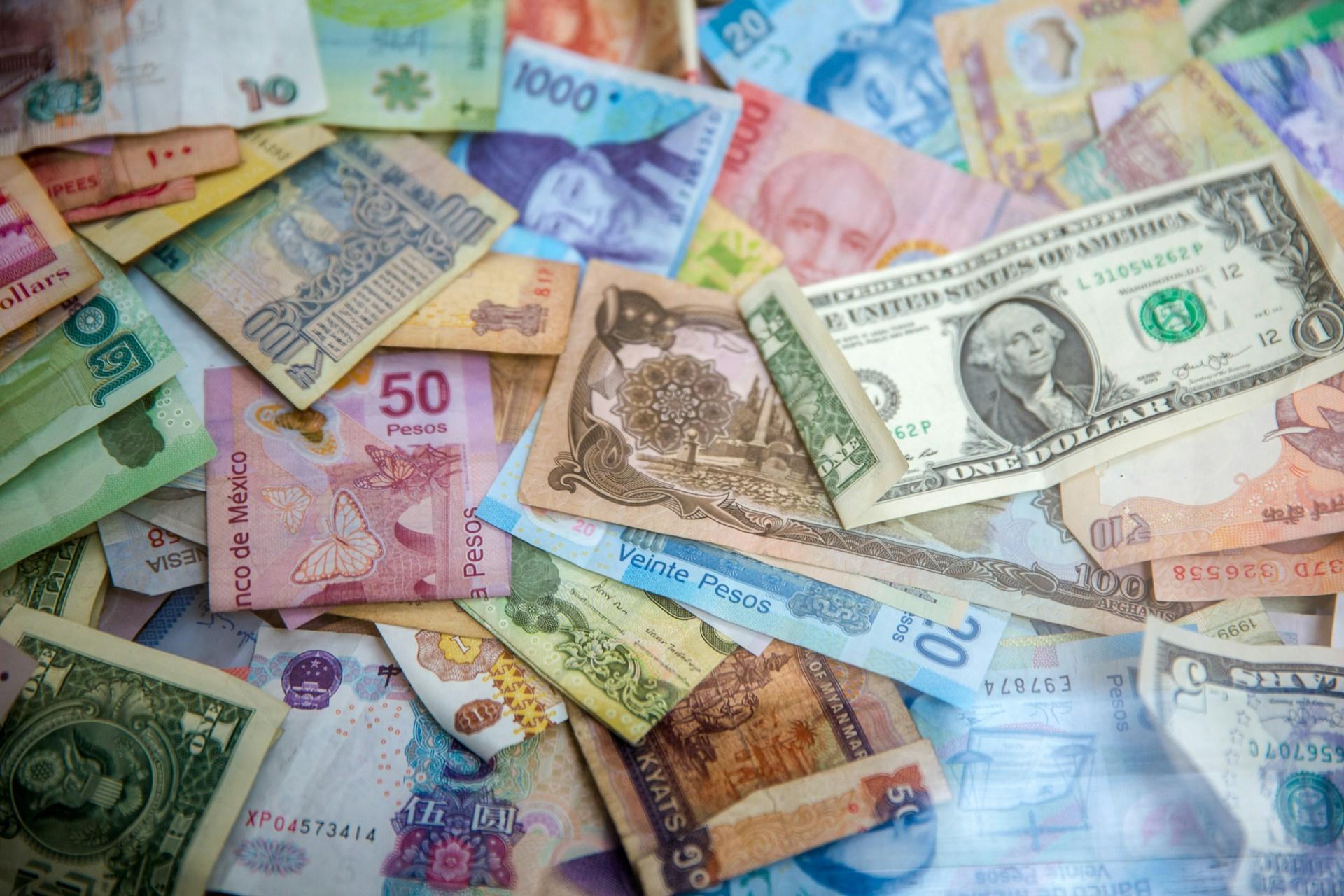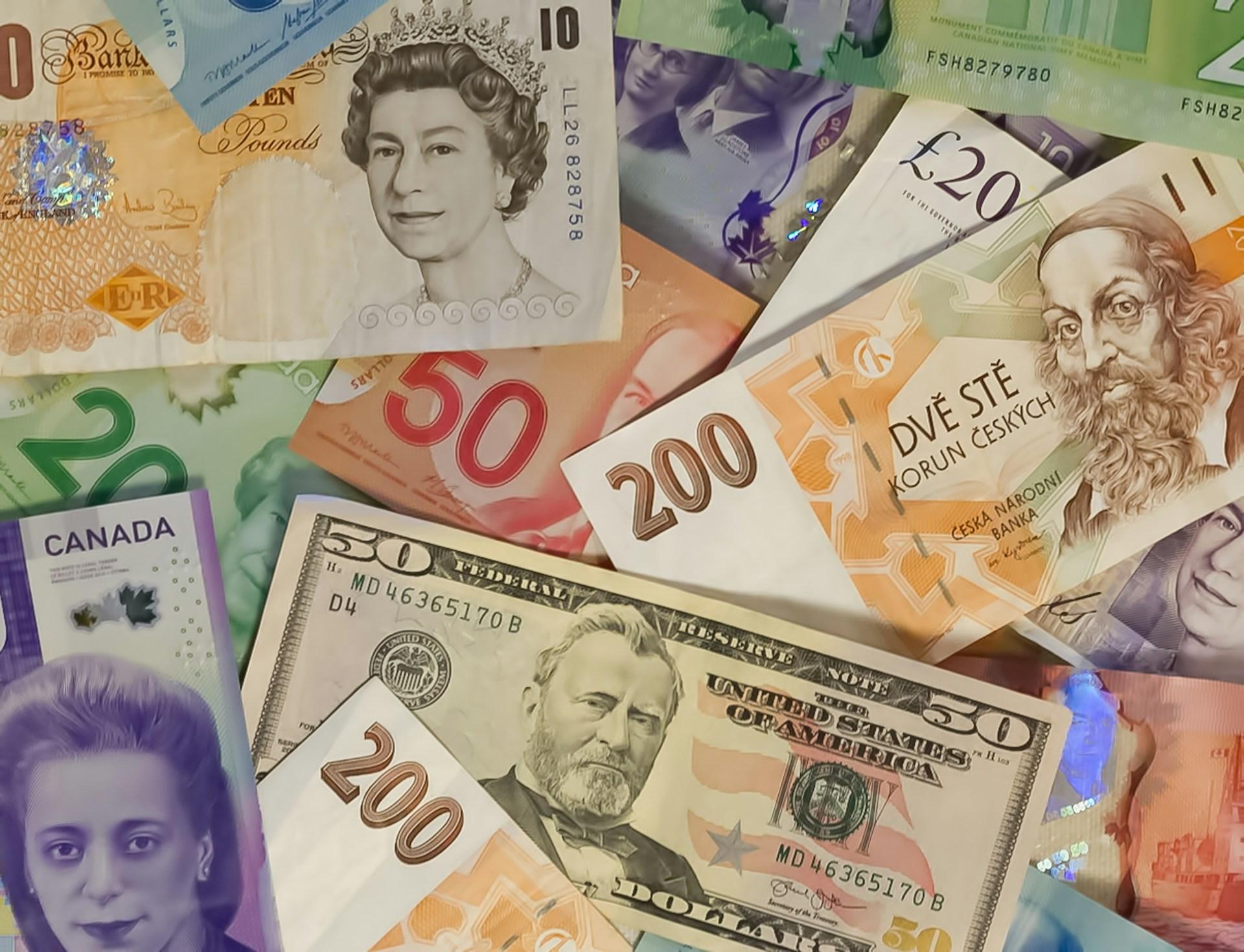Paris’s plan to recognise a Palestinian state next month has ignited one of the most severe public quarrels between France and Israel in years, turning a long-running policy disagreement into a direct clash between national leaders. Prime Minister Benjamin Netanyahu accused President Emmanuel Macron of “fomenting antisemitism,” after weeks of French signaling that formal recognition would be announced around the United Nations meetings in September. The Élysée fired back, calling the allegation “abject” and “erroneous,” and insisting that France protects and will continue to protect its Jewish citizens. The vocabulary was unusually stark for two partners that typically keep friction behind closed doors, and it underlined how recognition has shifted from diplomatic talking point to a test of political identities.
The immediate trigger is Macron’s decision to move recognition from theory to act at the UN General Assembly, a stage that lends the choice global visibility. In late July, French officials framed the step as a way to re-energise a moribund process, even if it did not change realities on the ground overnight. Reports at the time noted that France would become the first major Western or G7 country to make the move, and that the announcement would be delivered in New York in September. Israel and Washington reacted with anger, setting the tone for the fight that has now erupted into the open.
For Netanyahu, the stakes are not only diplomatic. In statements and letters reported by Israeli and European outlets, he argued that recognition rewards violence and fuels hostility toward Jews in France, then pressed Macron to change course by a specific date tied to the Jewish New Year. Paris rejected the premise and the framing, denouncing the charge as manipulation and reiterating that French policy separates a fight against antisemitism from positions on the conflict’s end-state. The exchange hardened each side’s position, since a retreat now would carry domestic and international costs.
The broader context is a shifting European landscape. Out of 193 UN member states, roughly 147 already recognise Palestine, a tally that has historically been dominated by countries outside the G7. France’s entry into that column would therefore have outsized symbolic weight inside Europe and across the Atlantic, because it signals that the recognition debate has migrated from the periphery of Western politics toward its center. Media in several capitals have tracked parallel discussions in London and Ottawa, with Paris often cast as the pace-setter.
France’s domestic balance helps explain both the timing and the tone. The country is home to Europe’s largest Jewish and Muslim communities, and its leaders have long argued that a credible two-state pathway is essential to social cohesion at home as well as stability abroad. When the Élysée called Netanyahu’s accusation “abject” and “erroneous,” it paired that language with an explicit promise that the state would protect French Jews, an effort to draw a bright line between combating antisemitism and recognising Palestinian statehood. That rhetorical pairing is meant to shore up domestic legitimacy while limiting diplomatic blowback from allies who worry recognition might embolden rejectionist actors.
Markets will read the spat primarily as a geopolitical parameter rather than a macro shock, yet investors will watch a few channels where policy friction can translate into risk. First, defense and dual-use cooperation between Israel and European partners could face marginal headwinds if political scrutiny rises around export licenses and joint projects. Second, legal exposure for European companies with operations or supply chains touching the conflict zone can widen when recognition steps generate new claims or regulatory tests. Third, Washington’s response matters for sentiment, since a divergence between the United States and a core European ally can complicate multilateral initiatives that rely on transatlantic alignment. None of these pathways is automatic, and none guarantees material economic fallout, but they are the conduits through which symbolism can gain concrete edges. This is why Paris continues to stress that recognition will be embedded in a rules-based UN framework rather than pursued as a unilateral rupture.
Diplomatically, the episode narrows room for ambiguity. For years, European governments have kept recognition in reserve as a hypothetical incentive for negotiations that never quite advanced, while condemning violence and endorsing eventual statehood in principle. By scheduling an announcement and defending it in the face of direct personal criticism, France is turning recognition into an instrument that requires follow-through, such as renewed engagement with the Palestinian Authority’s governance capacity and a clearer European role in coordinating aid and security guarantees. Israel’s choice to cast the move as a danger to Jewish safety elevates the dispute beyond normal policy dissent, which makes quiet de-escalation harder and raises the political cost of compromise.
What happens next is likely to hinge on sequencing at the UN and on whether other G7 partners move in parallel or keep distance. If Paris announces recognition at the General Assembly and couples it with language that ties European assistance to governance benchmarks and a negotiated security framework, France can argue that recognition is not a reward but a reset of diplomatic architecture. If the backlash in Israel becomes the dominant story, the step may entrench positions without unlocking new channels. Either way, the past week has clarified that recognition is no longer a low-cost signal. It is a litmus test that will shape how Europe positions itself between Washington’s caution and an Arab consensus that the time for symbolic ambiguity has passed. In that sense, the France–Israel quarrel is not a sideshow. It is the front edge of a strategic turn that will ripple through European diplomacy well beyond September.
France and Israel have disagreed on tactics before, but the current argument is sharper and more public than typical, and it is tethered to a decision that Paris appears set to take on a fixed calendar. Recognition will not resolve the war or the humanitarian crisis, and it will not, on its own, determine Israel’s internal politics. It will, however, reshape the way European governments talk about end-states and accountability, and it will set a precedent for how a G7 state balances the fight against antisemitism with the pursuit of a two-state horizon. Those are choices that resonate far beyond the bilateral channel, which is why the words traded this week have felt heavier than usual.















